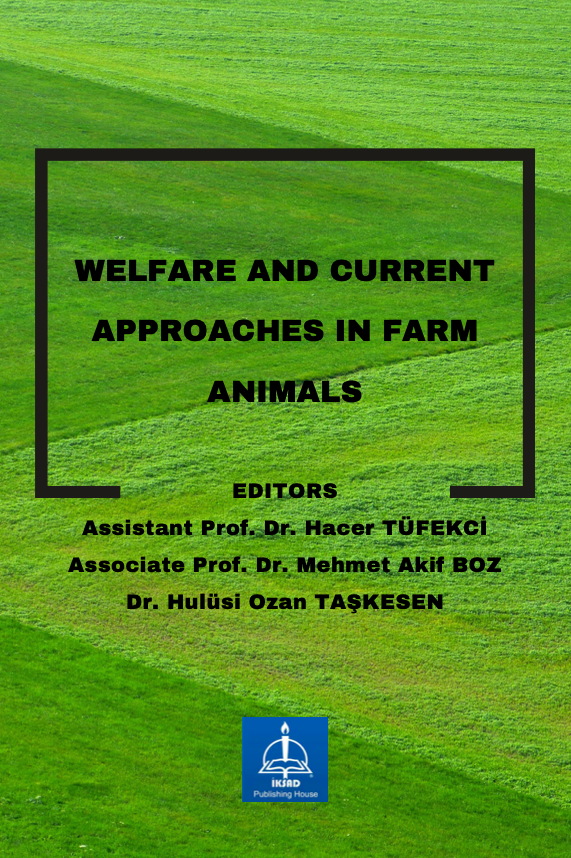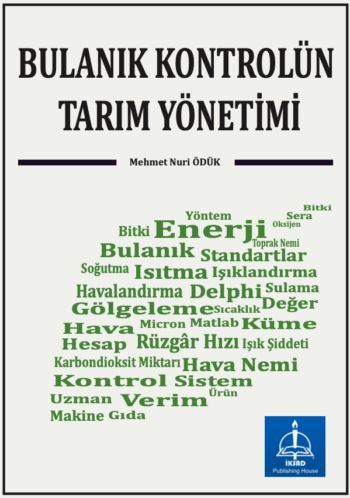The concept of animal welfare refers to the quality of life of the animal. Welfare in farm animals is the state of being in harmony with the environment of the animal, being able to adapt to the environment in which it lives without any pain or discomfort and being healthy. The determination and assessment of animal welfare is a multi-dimensional and multi-criteria approach. Welfare assessment at farm level can be used as an advisory tool by farmers, as a source of information for management and as a component of quality assurance schemes for consumers. Nowadays, consumers have a high interest in animal production conditions and related animal welfare standards due to the positive public health implications of the effects on the health and production of animals. Changes in animal production in recent years, increasing food demand in parallel with population growth, lead to changes in production systems and increased integrated production activities. In addition to the increase in production, changes in environmental conditions, herd management, nutrition, biotechnological and environmental conditions have been inevitable. In these changes, animals are exposed to many stress factors. Animals try to cope with the difficulties they face with various reactions. Monitoring, measurement and evaluation of these changes are necessary to ensure the continuity of productivity in animals.
WELFARE AND CURRENT APPROACHES IN FARM ANIMALS
ISBN: 978-625-367-326-0





